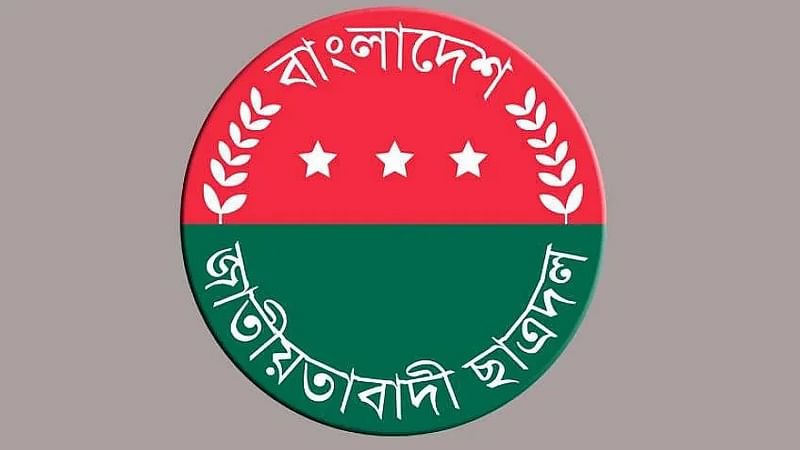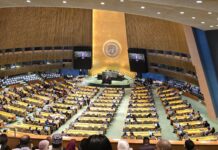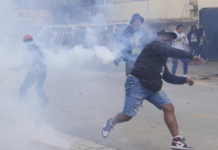
The committee of Jatiyatabadi Chhatra Dal (JCD), student front of Bangladesh Nationalist Party (BNP), was elected by the councilors directly in 1992 with Ruhul Kabir Rizvi and M Ilias Ali president and general secretary respectively. But the first elected committee was dissolved within a few months. Then 27 years later, in 2019, another committee was formed through direct election, with Fazlur Rahman and Iqbal Hossain being elected president and general secretary respectively. This committee has been functioning for more than a year.
Leaders of one of the country’s largest student bodies said, the new committee has boosted organisational activities and that the organisation has been decentralised. But JCD has been suffering from a blow due to ‘intra-party feuds’ as well as feuds among its central leaders. As a result, its organisational activities are being hampered and the party is not being able to play strong role for the students.
Leaders who were deprived of posts in the partial committee announced their president and general secretary ‘persona non grata’ and burnt their effigies in front of the BNP head office in Naya Paltan on 23 December 2019.
A section of JCD even kept the party head office under lock and key.
Amid these volatile circumstances, Chhatra Dal will celebrate its 42nd founding anniversary. BNP founder and late president Ziaur Rahman founded the organisation on this day of 1979.
Despite being a student body, JCD does not have a strong contribution towards upholding the rights and demands of the students
Sources said there were five groups active in the central JCD. Along with the president and the general secretary, senior vice president Kazi Rownakul Islam, senior joint secretary Aminur Rahman and organisational secretary Saif Mahmud lead three other factions.
Such ‘grouping’ becomes active when the time nears to ‘distribute posts’ to the committees of different units. Each group has the ‘blessings’ of former JCD leaders including former presidents Sultan Salauddin Tuku, Habib-Un-Nabi Khan, Abdul Quadir Bhuiyan, Azizul Bari and Akramul Hasan and former general secretary of Dhaka University (DU) unit Saiful Islam Firoz. Besides, there are as many as six ‘groups’ in the DU unit that is considered as the most important unit of the organisation.
JCD general secretary Iqbal Hossain denies any intra-party feud. He told Prothom Alo “JCD faces a leadership contest, but there is no scope for groupings. The organisation would be inactive without contest.”
Rownakul Islam, who is said to be the leader of the most powerful group in JCD, admitted that there is ‘grouping’ in the organisation. He said, “I don’t support grouping. When someone is given space to work in the organisation, grouping arises. Besides, some people form groups out of jealousy of others.”
Despite being a student body, JCD does not have a strong contribution towards upholding the rights and demands of the students. They lost drastically in the last Dhaka University Central Students’ Union (DUCSU) election.
All student bodies became vocal when the DU authorities decided to hold honours and master’s degree examinations, while keeping the dormitories shut. But Chhatra Dal was silent. They were silent too over the proposal to cancel DU’s Gha and Cha unit admission tests. Their rival Bangladesh Chattra League, ruling Awami League’s student front, called for withdrawal of the development fee from the students, but JCD played no role here too.
General secretary Iqbal Hossain claimed that they couldn’t function politically or hold any programmes due to the coronavirus pandemic.
The organisation is now mulling over the formation of committees for the different units. Iqbal Hossain said organisational structure is necessary ‘ahead of a war’. This had become weak in Chhatra Dal. He said the finalisation of 1,400 units including upazila, municipality and college committees is nearly done. Work on the most of 157 ward committees in Dhaka city was completed and the rest is about to be finished.
This report appeared in the print and online edition of Prothom Alo and has been rewritten in English by Hasanul Banna









